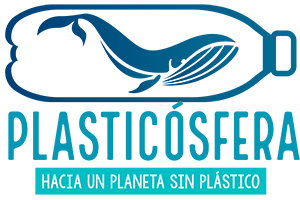Océanos y su importancia vital paral a sociedad. (2021). Villagran, J.C.
No obstante, su importancia vital para el planeta, los océanos se encuentran cada vez más amenazados en su integridad ecológica. Entre las principales amenazas se encuentran la sobrepesca y la contaminación de desechos líquidos y sólidos de origen terrestre. Con base en datos de la Organización de las Naciones Unidas para la Alimentación y la Agricultura (FAO)[2] se estima que aproximadamente el 60% de las reservas de peces están plenamente explotadas y en el otro 30% se pesca de manera insostenible. De la misma forma, cerca de 13 millones de toneladas de plástico llegan al océano anualmente. Estas dos grandes amenazas se exacerban aún mas con los efectos del calentamiento global y el desarrollo costero desordenado que destruye hábitats clave para la vida submarina tales como manglares, estuarios y arrecifes de coral entre otros. Frente a esta situación, menos del 5% de los océanos se encuentra bajo algún tipo de régimen de protección o manejo.
___________________________
Notwithstanding their vital importance to the planet, the oceans are increasingly threatened in their ecological integrity. Among the main threats are overfishing and the contamination of liquid and solid waste from land. Based on data from the Food and Agriculture Organization of the United Nations (FAO) [2] it is estimated that approximately 60% of fish stocks are fully exploited and the other 30% are fished unsustainably. In the same way, about 13 million tons of plastic reach the ocean annually. These two great threats are further exacerbated by the effects of global warming and disorderly coastal development that destroys key habitats for underwater life such as mangroves, estuaries and coral reefs among others. Faced with this situation, less than 5% of the oceans are under some type of protection or management regime.
